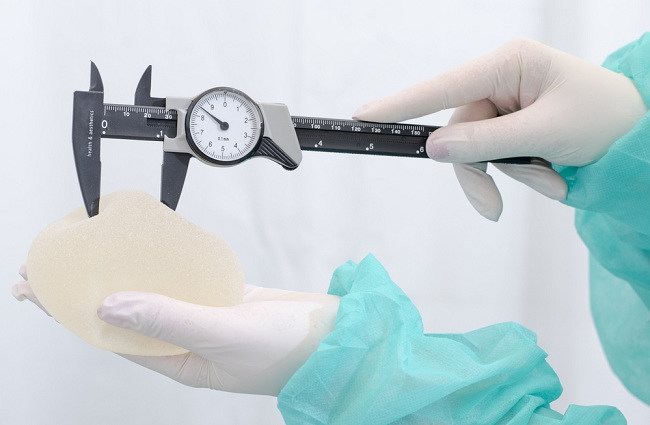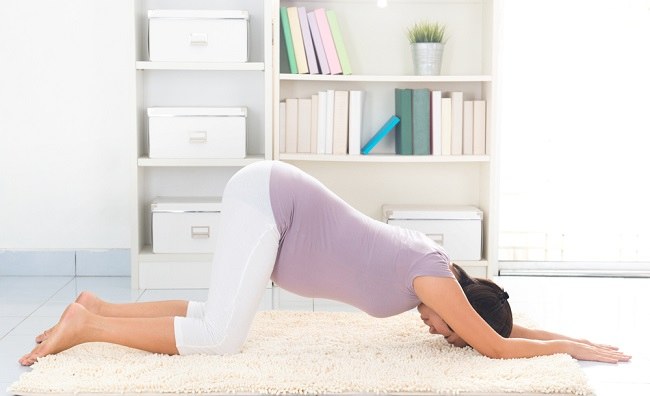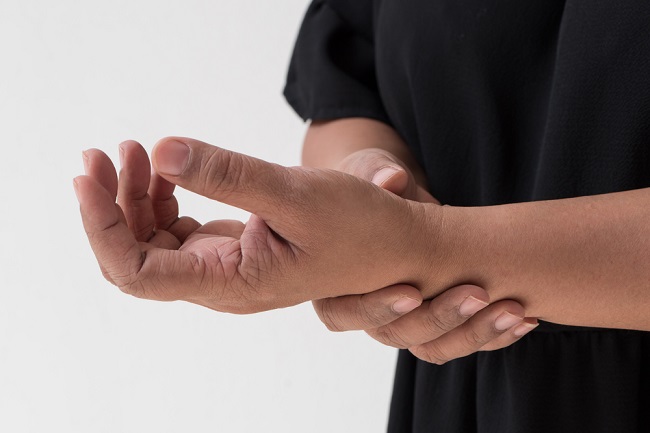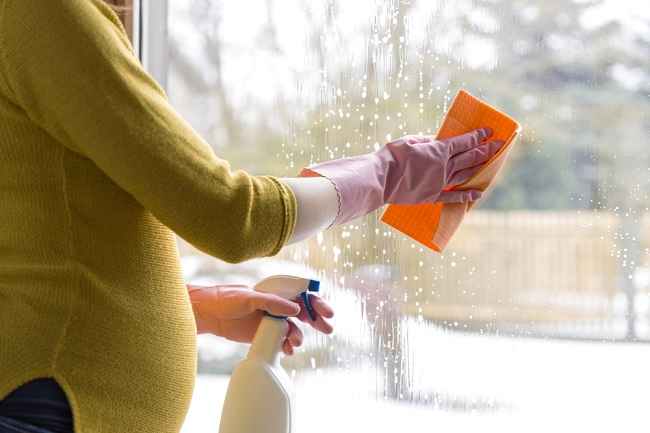Choosing disposable baby diapers or cloth diapers may still be a complicated matter for some parents. To help decide which one is the most suitable, let's find out what are the advantages and disadvantages of disposable diapers and cloth diapers!
The use of baby diapers, both cloth diapers and disposable diapers, depends on the choice of each parent. You can choose one of the two or use both. Regardless of the type of baby diaper, the most important thing is that it should fit the needs, budget and comfort of the baby.

Cloth Baby Diapers
Here are some of the advantages of cloth diapers:
- Available in a wide selection of materials, designs, colors, and shapes that can be tailored to your needs
- Cheaper and more economical than disposable baby diapers because they can be washed and used again
- Can be stored and reused for the next child
- It is considered safer for baby's skin because it is free of chemicals
- Can reduce the waste that is thrown away so that it has the potential to be more environmentally friendly
Although it has many advantages, cloth diapers are also not free from disadvantages, namely:
- Easy to leak
- Must be replaced frequently
- Not practical
- It took a lot of time to wash it
There are several things to consider if you use cloth baby diapers, namely:
- When using safety pins for diapering, choose a large pin with a plastic head and be careful when attaching it so as not to injure the baby.
- Cloth diapers that are wet with baby urine can be directly placed in the dirty clothes basket, but cloth diapers that are dirty due to feces must be cleaned first. You can spray the diaper with a mixture of water and baking soda to reduce odor.
- When washing cloth diapers, separate them from other clothes and use a mild baby detergent. This detergent is safer to use by babies who have sensitive skin and do not cause allergic reactions. Use hot water and rinse at least 2 times. Do not use fabric softener, which can cause rashes on babies with sensitive skin.
- Wash your hands after changing your baby's diaper to prevent the spread of germs
Disposable Baby Diapers
Here are the advantages of disposable baby diapers:
- More practical and easier to use
- Contains an absorbent gel that is able to hold more liquid so it doesn't need to be changed often and doesn't leak easily
- Can keep baby's skin dry so the child still feels comfortable
- Some disposable diapers are made of a material that allows air flow to the baby's skin
Meanwhile, the disadvantages of disposable baby diapers are:
- The price is relatively more expensive than cloth diapers
- Must be thrown away after dirty and cannot be reused or stored
- Some disposable diapers contain added dyes and fragrances that pose a risk of causing allergies in babies
If you prefer disposable baby diapers, keep the following in mind:
- If there are rubber marks around your baby's groin and waist, it may be because the diaper is too tight. Loosen up or buy a diaper with a larger size, according to the size of the baby.
- If there is a rash around the baby's groin and waist, immediately change the brand of diaper used.
- Wash your hands after washing your baby and changing diapers to prevent the spread of germs.
- Empty the trash can regularly (once a day) to prevent bad odors and bacterial growth.
Preventing and Treating Rashes Due to Improper Use of Baby Diapers
Diaper rash can be triggered by wet or soiled diapers that are kept on, friction between the skin and the diaper, or an allergic reaction to the diaper. You can prevent and overcome it in the following ways:
- Immediately change a wet diaper or after a baby has a bowel movement.
- Gently clean the baby's skin with water and a clean cloth.
- Apply a special diaper rash cream or ointment before the baby is diapered.
- Don't forget to wash your hands before and after changing diapers
The sensitivity of baby's skin and adult's skin is different. Therefore, you need to pay special attention if you want to buy baby diapers. Choose a baby diaper whose material and size is suitable for your baby, so that he feels comfortable and his health is maintained.
If your baby has a diaper rash that makes him fussy or cries when cleaned, is bright red, blisters, and lasts for more than 2−3 days, see a doctor immediately for proper treatment.









